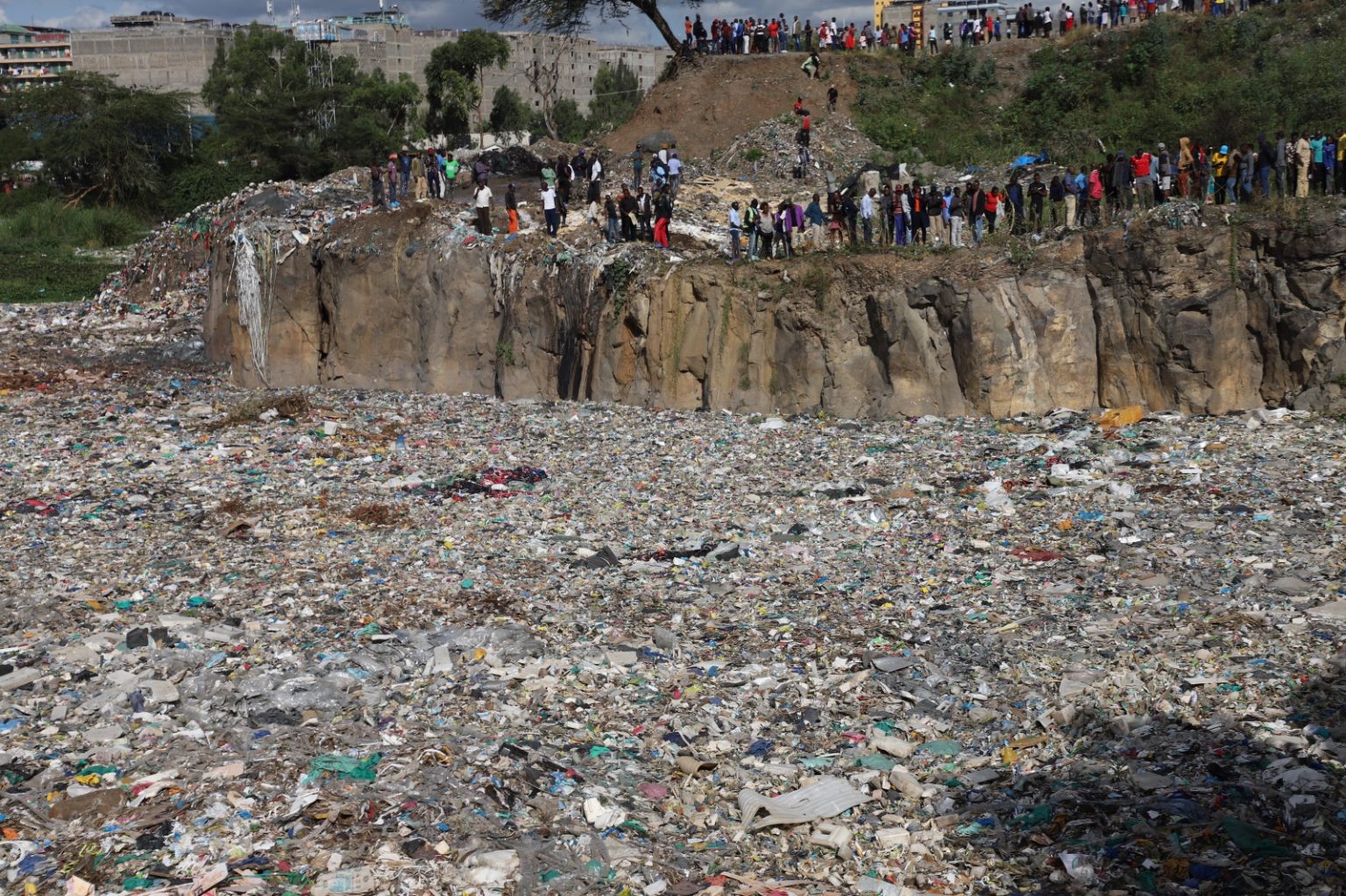- For the residents of Kware, the gruesome findings at the local dumpsite are not just news stories but a terrifying reality.
- The eerie similarity in how these bodies were wrapped and disposed of suggests a methodical and sinister pattern, raising questions about the perpetrators and their motives.
The recent discovery of 11 bodies in Kware, Pipeline, Nairobi, as of July 13, 2024, wrapped in nylon papers and sacks, each decapitated and disposed of similarly, has sent shockwaves through the community and the nation. This horrifying series of events has unveiled a grim reality and highlighted deep-seated issues within our society and law enforcement.
For the residents of Kware, the gruesome findings at the local dumpsite are not just news stories but a terrifying reality. The eerie similarity in how these bodies were wrapped and disposed of suggests a methodical and sinister pattern, raising questions about the perpetrators and their motives. The involvement of a family's dream leading to the discovery adds a chilling, almost surreal element to this disturbing situation.
Among the missing is Josephine, whose family had desperately searched for. Their dream, which led to the uncovering of more bodies, speaks volumes about the desperation and helplessness felt by the families of the missing. The unresolved fate of Josephine is a stark reminder of the many who are still unaccounted for, casting a shadow of dread over the community.
The refusal of Kware residents to cooperate with the police in the search for more bodies is a telling sign of the deep mistrust between the community and law enforcement. This reluctance is rooted in a history of perceived neglect and failure by the police to address the concerns and safety of the residents. For too long, communities like Kware have felt abandoned, their cries for help falling on deaf ears until tragedy strikes.
This series of events in Kware is not isolated. It is a symptom of broader issues plaguing our nation. The lack of accountability, transparency, and effective law enforcement has allowed such heinous acts to go unnoticed and unpunished. It underscores the urgent need for a comprehensive overhaul of our justice system and policing methods to revive public trust and ensure the safety of all citizens.
Read More
As a nation, we must demand accountability and immediate action. The government and law enforcement agencies must prioritize the investigation of these murders, bringing the culprits to justice and providing closure for the affected families.
Furthermore, there ought to be a concerted effort to rebuild the relationship between the police and the communities they serve. This can only be achieved through consistent, transparent, and compassionate engagement, addressing the root causes of mistrust and neglect.
The discoveries in Kware are a stark reminder of the fragility of human life and the responsibility we all share in safeguarding our communities. It is a call to action for the authorities to step up and for society to hold them accountable.
Only through collective effort and unwavering commitment to justice can we hope to prevent such atrocities and heal the wounds of a grieving community.
The situation in Kware is a sombre reflection of our nation's current state. It calls for introspection, urgent action, and a steadfast commitment to justice and human dignity. Let us stand together in demanding accountability and ensuring that the horrors witnessed in Kware are never repeated.










